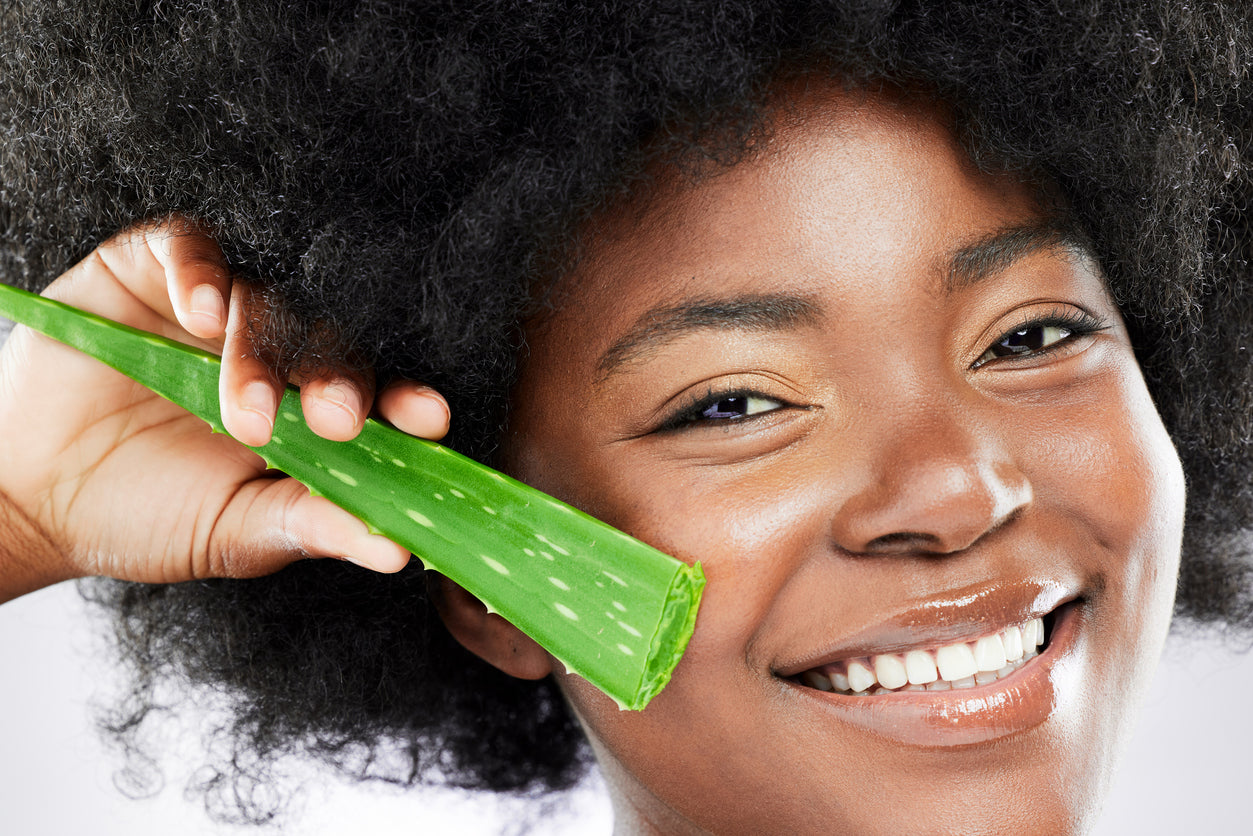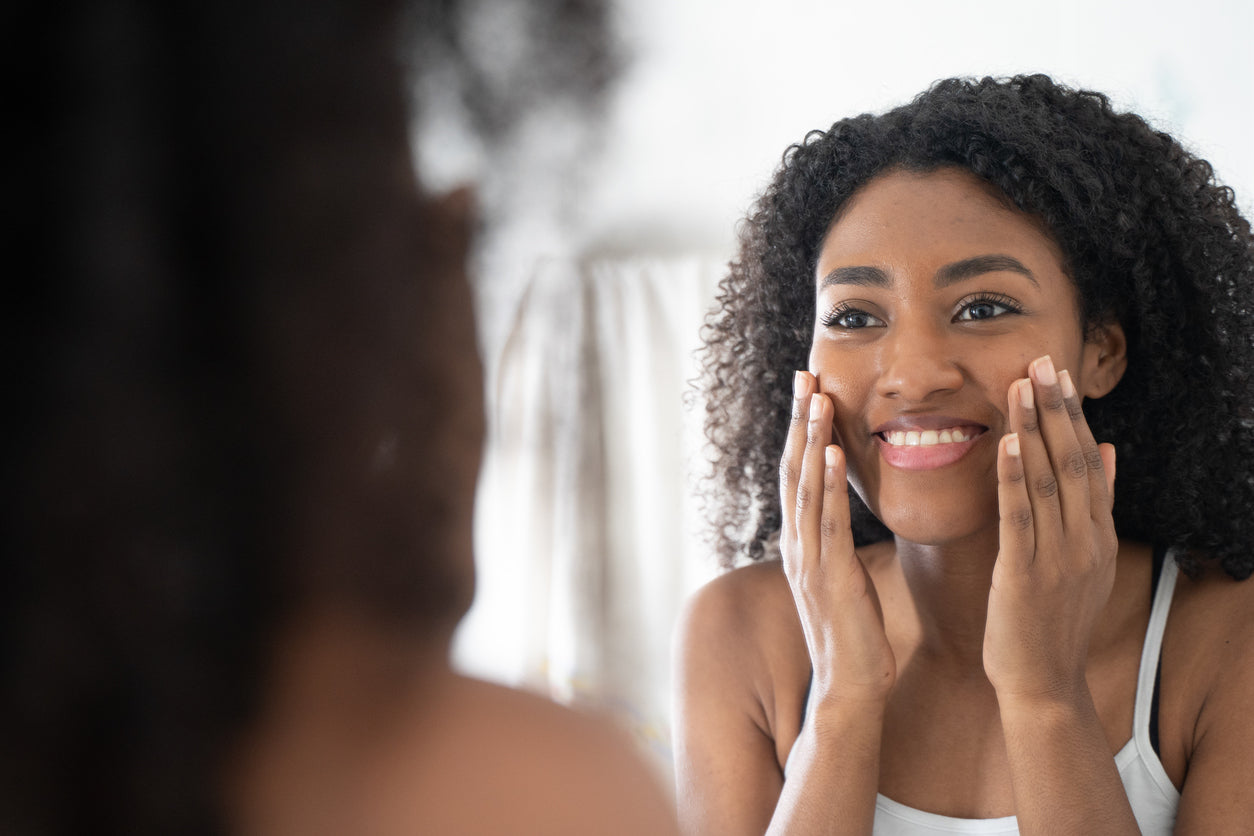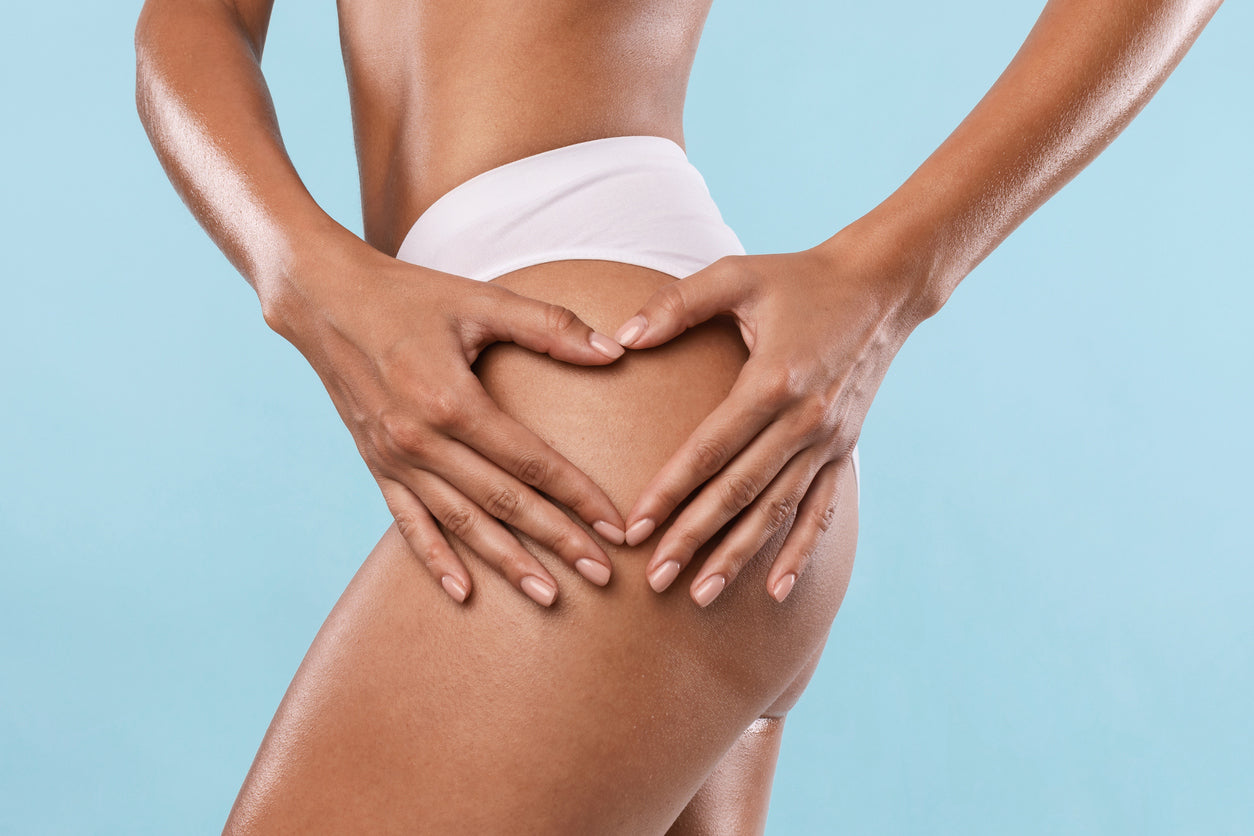Our tablets, TV screens, laptops, and cell phones give off blue light. So, the next time you zoom in for a better look or snap a selfie, you should consider that.
Certain waves from blue light with varying degrees of strength may be causing changes to your skin. There is a chance that the amount being put off from the devices you use might not be anything to worry about, but there’s definitely more you should know.
What Is Blue Light?
Blue light is one of the several colors we can see in the light spectrum. Remember back in elementary school learning about ROYGBIV?
Red, Orange, Yellow, Green, Blue, Indigo, and Violet.
Together, the light spectrum colors create the white light we see when the sun is shining. The sun is the primary source of blue light. LED and fluorescent bulbs also put off blue light. Ultraviolet or UV rays are linked to skin damage, but blue light can also negatively affect your skin.
Blue Light & Our Skin
Research has shown us that the blue light from electronic devices can cause changes in our skin cells. These changes include cell shrinkage and death, and both of those can speed up the aging process. Exposure as little as an hour can trigger the changes.
Too much blue light can lead to pigmentation. One study has linked the exposure to blue light to redness, swelling, and pigment changes to those of us with darker skin. Not only is the skin negatively affected, but our eyes are too. This study breaks it down more scientifically.
Is There A Good Side Of Blue Light?
There’s a positive and negative side to most things, including blue light. A study was done using both red and blue light to treat psoriasis, and the evidence shows that it can be effective. Four weeks of blue light treatments helped ease the redness and shrink the size of the patch of psoriasis. There were no serious adverse side effects shown.
Blue light has also been used to treat mild to moderate acne. The results show that blue light can lower the number of whiteheads, acne, and blackheads after a whole week of treatment.
To avoid the harmful side-effects from blue light exposure, you have to limit your use of electronics. While some studies show some effects begin within minutes of having a screen in front of your face. Keep your phone, tablet, and laptop as far away from your face and skin as possible when in use. Limit the number of selfies you take to help reduce the risk. Shutting your television and other devices off at night, leaving them on and facing you, is going to have a negative impact.
If you have acne or psoriasis, maybe you can talk to your doctor about blue light treatment and see if it can work for you. Ask about any adverse effects before jumping right in. Remember, there are always two sides to everything.





